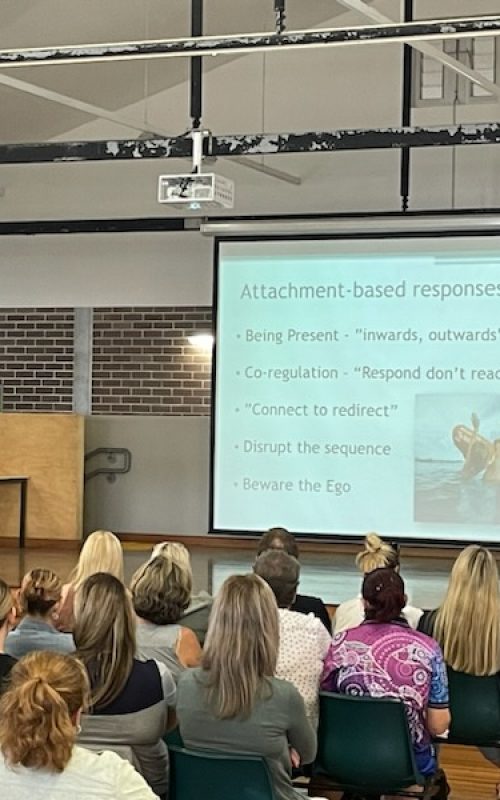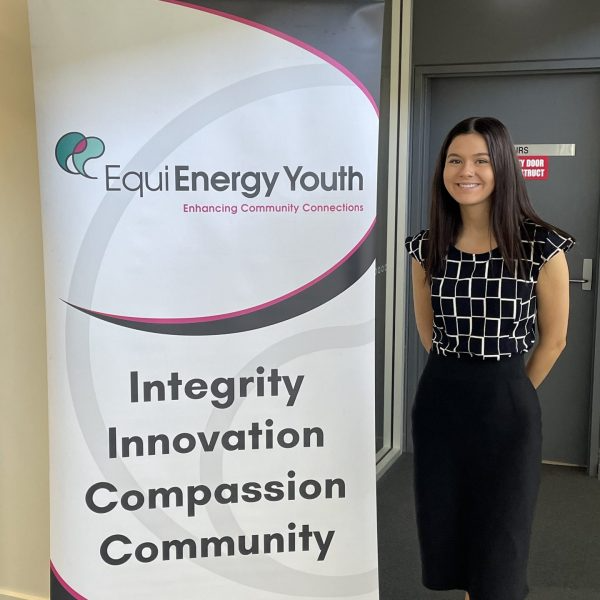EquiEnergy Youth provides services to Education (DoE, Catholic and Independent), Health (Central Coast, Hunter New England, North Coast and Mid North CAMHS and NSLHD – Brolga), Murrumbidgee, Canberra Hospital and HNE LHD (Emergency and Paediatric departments), and other non-government organisations (OOHC providers) including Mission Australia, Anglicare, Uniting, Fam Connect, Lifestyle Solutions, Samaritans and Bright Now. We have delivered education, training and consultation to over 10000 educators, clinicians and parents/carers through our ‘Coach2Cope’ programs.
Our TAR3 Therapeutic Intervention program has been developed from the conceptual models reported in Dr Stephen Spencer’s PhD research project – Nursing responses and interventions to episodes of acute distress in a child and adolescent mental health inpatient unit: An interpretive descriptive study (2017). The TAR3 psychological distress response framework and the Connect 2 Cope models underpin the training and clinical tools (Calming and Support plans). Components of other therapeutic approaches and principles are embedded within the models and training including, Dialectical Behaviour Therapy, Cognitive Behaviour Therapy, Systemic Family Therapy, Sensory Modulation, Therapeutic Relationships, Mindfulness-Based Cognitive Therapy and Attachment Theory to name a few.
The program has been designed to fill gaps in care provision. Health clinicians are educated and trained to follow a systematic process for the physical deterioration of a patient using the Between the Flags framework. There is currently no similar evidence-based process for recognising and responding to the psychological clinical deterioration of a young person.
Current responses and interventions are often coercive and are guided by Violence Prevention and Management (VPM) training, and Psychiatric Emergency (Code Black) procedures. Furthermore, there is significant variation in the safety planning practices of clinicians, and services. This means that young people and families are not being provided standardised information across services. A major aim of EEY’s TAR3 Therapeutic Intervention program is to build capacity in clinicians to be safe and effective responders to young people who experience episodes of psychological distress. Psychological clinical deterioration of a young person, a systematic safety planning methodology, and family/carers psycho-education and coaching are the three pillars of the program.
On completion of the program, participants will have a greater understanding and confidence in working with young people who present with complex mental health presentations, and acute behavioural disturbances.



The statistics and commentaries described above highlight the huge task for Governments, Services, communities, and families. EquiEnergy Youth’s goal is to enhance the capacity of both services and the wider community to build a ‘village’ for young people who have safe and effective responders. You can play your part in reducing the burden of mental ill health for young people in your community by becoming TAR3 trained.